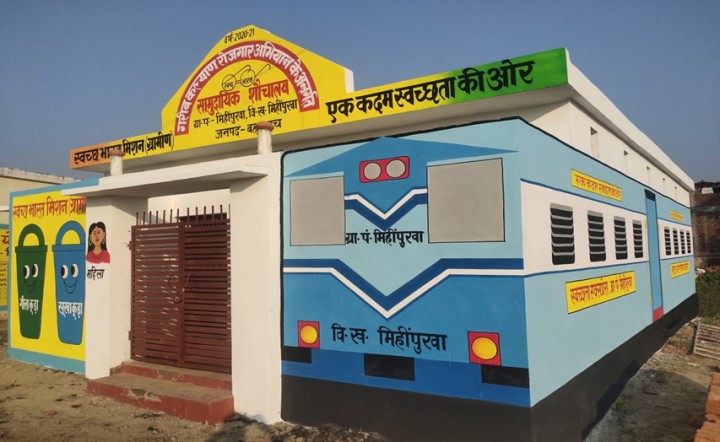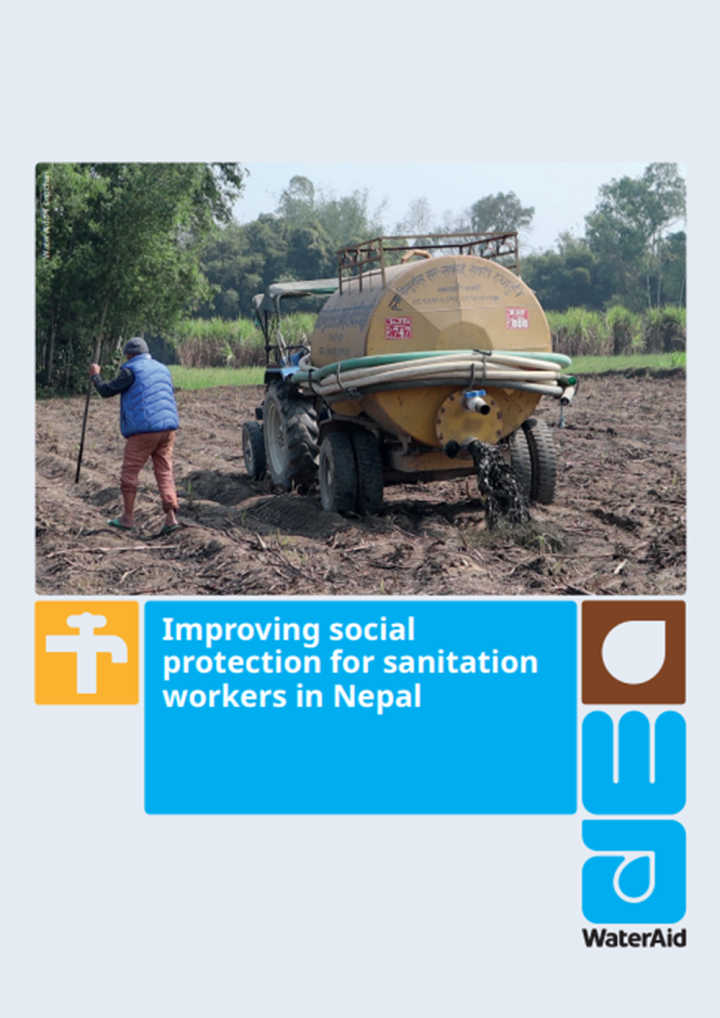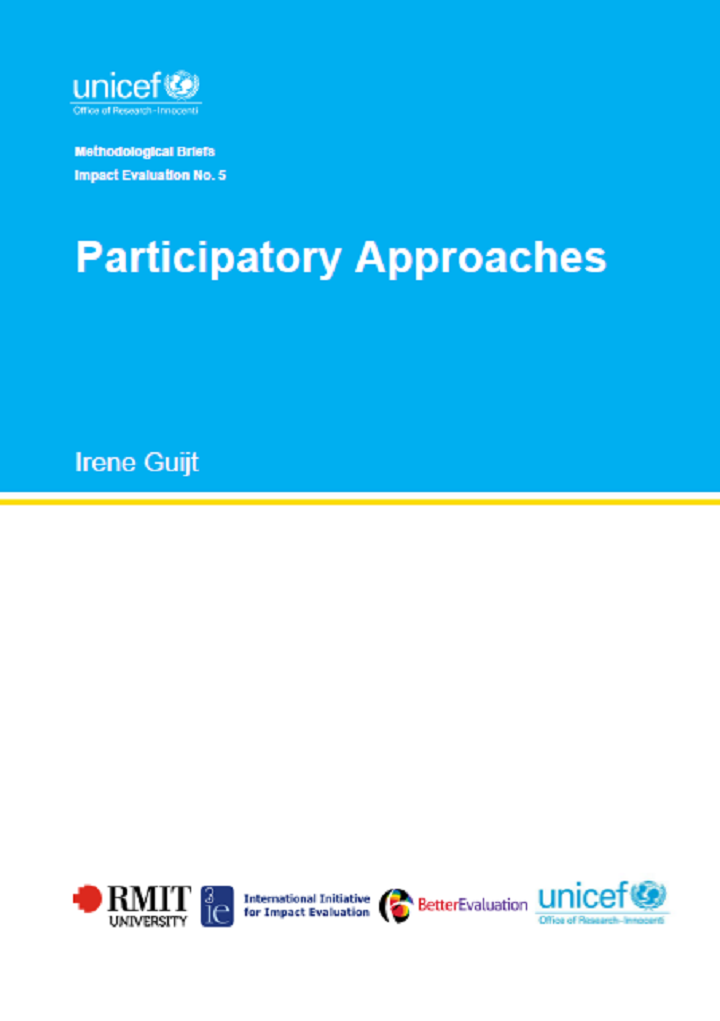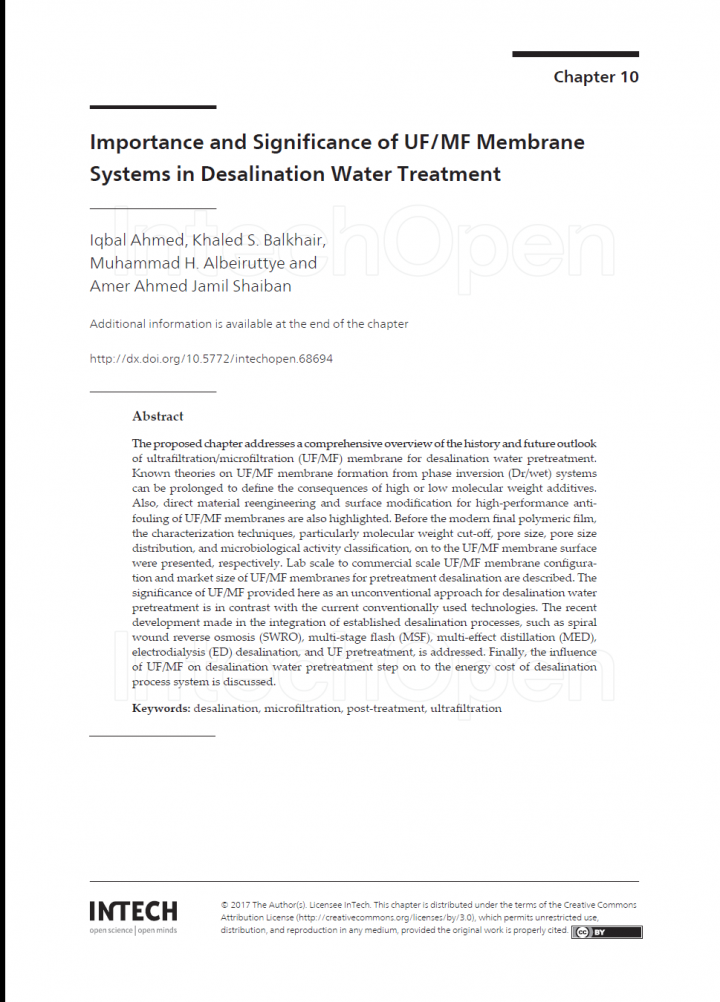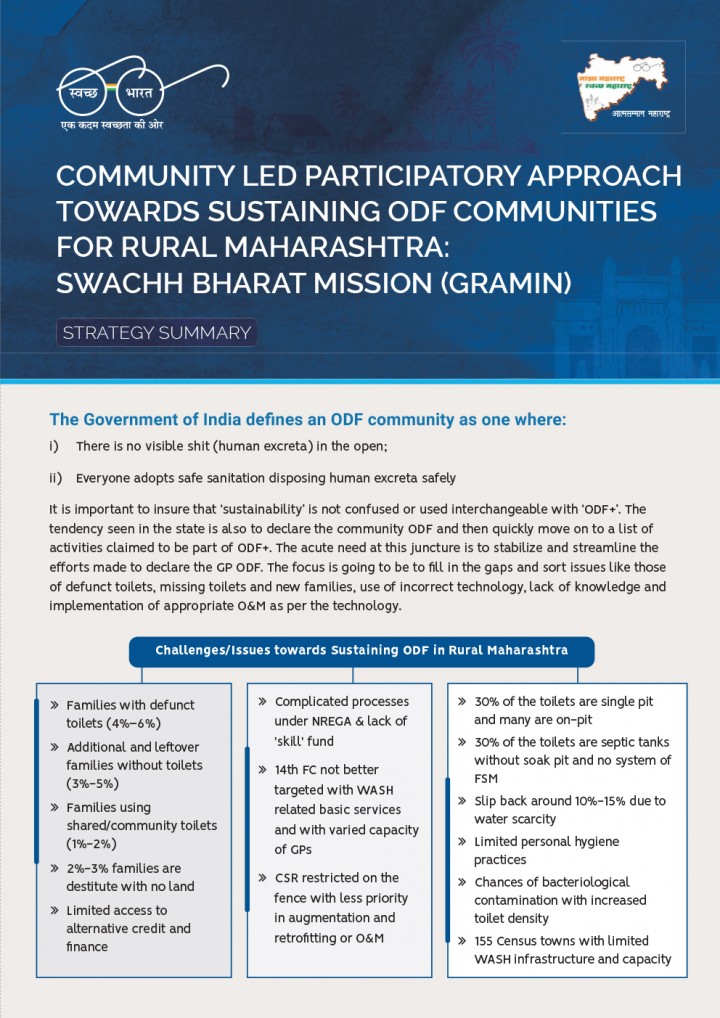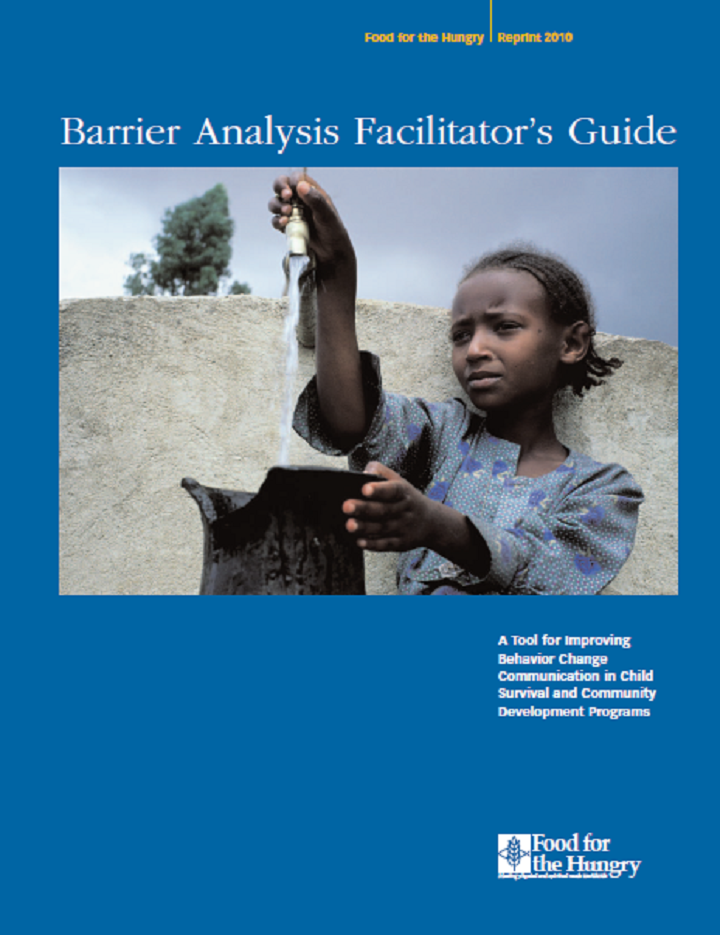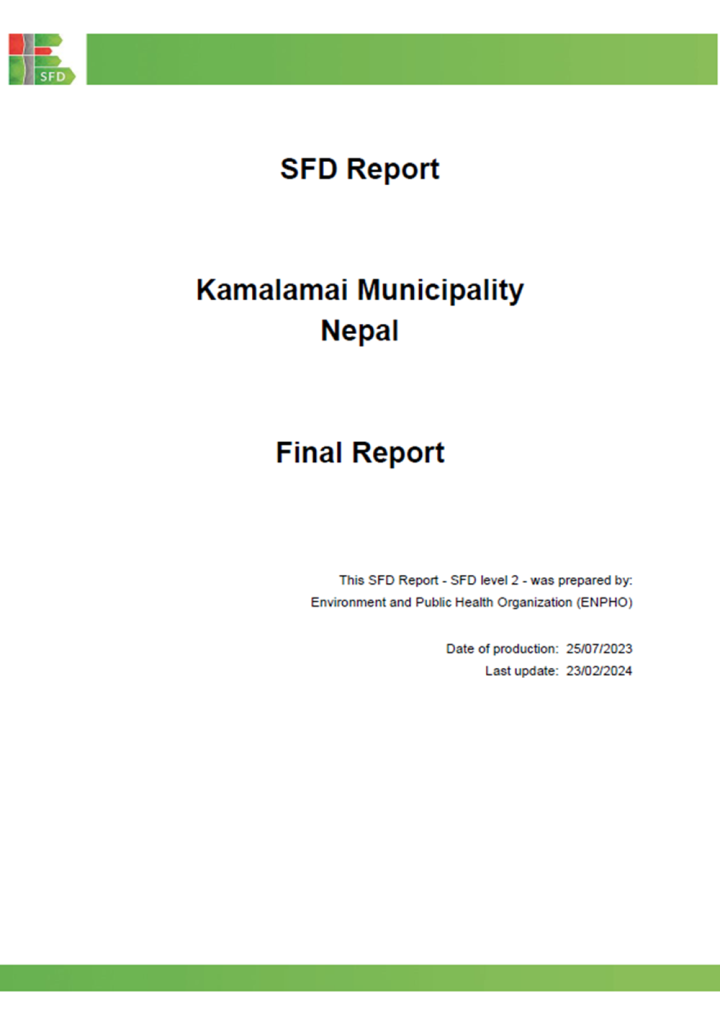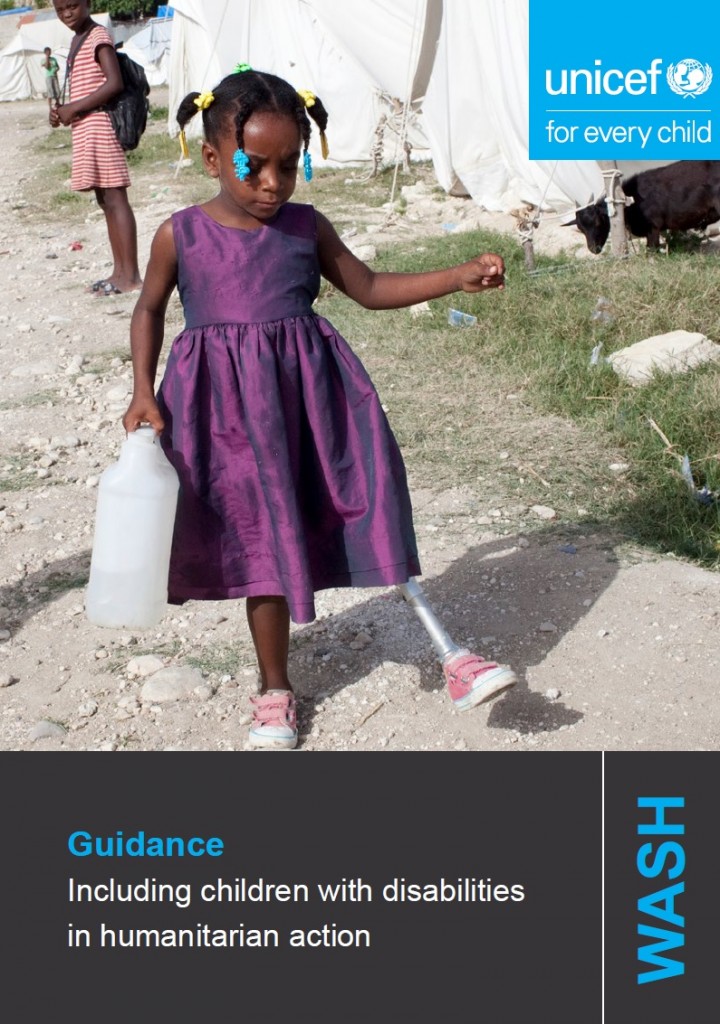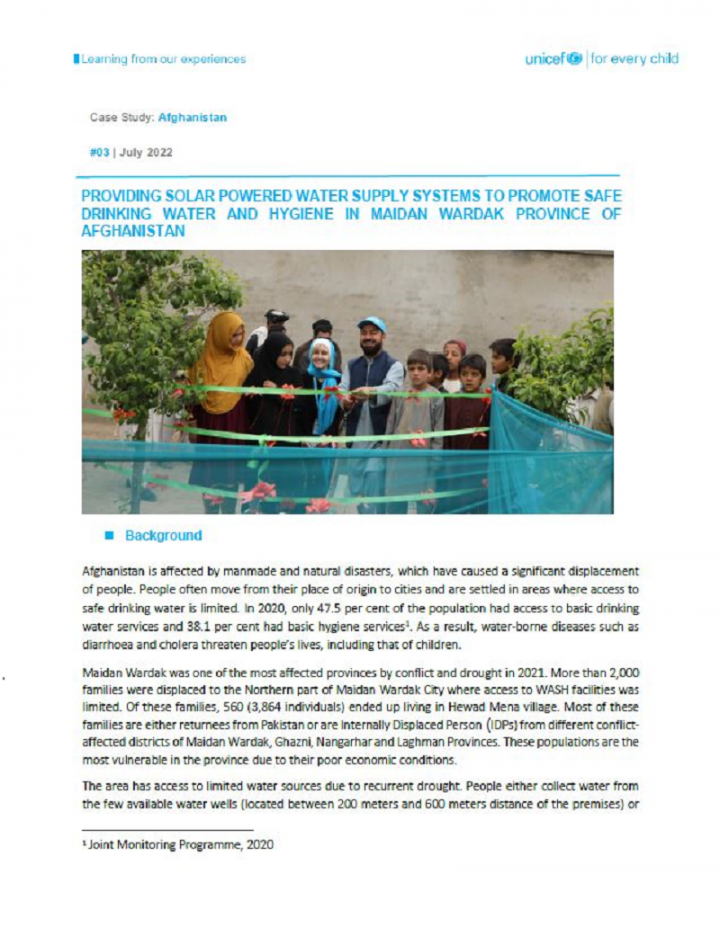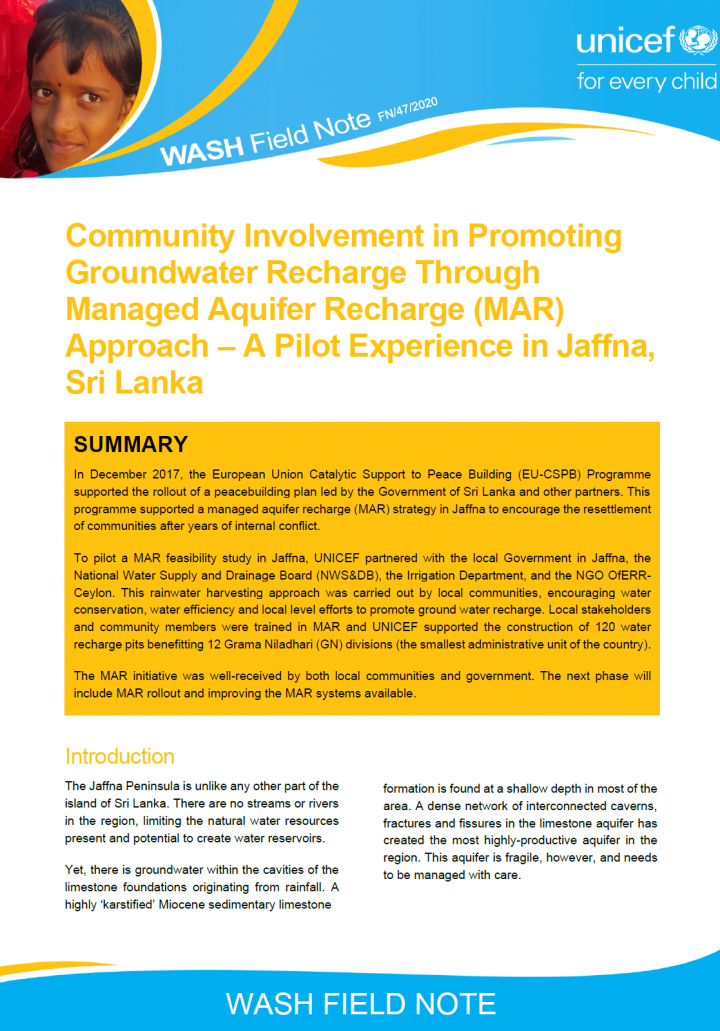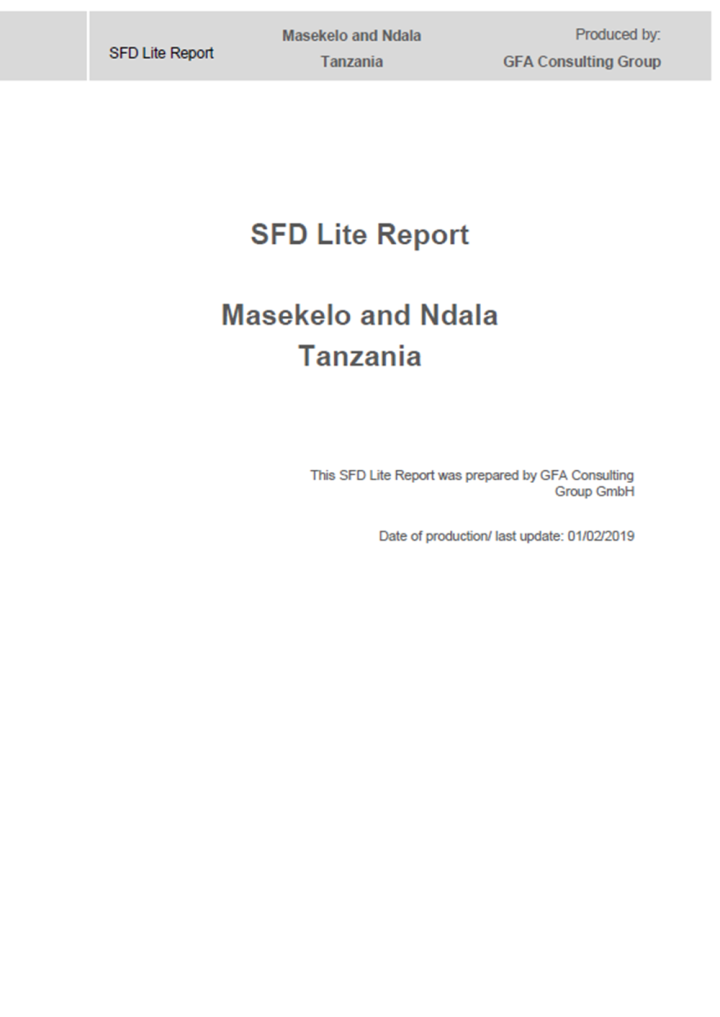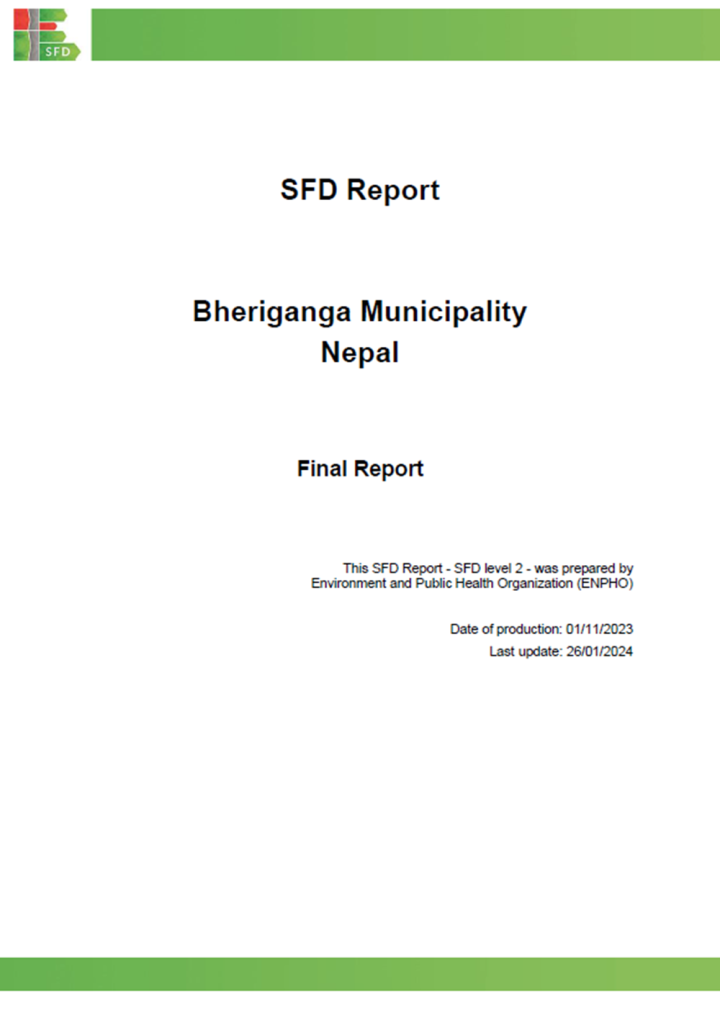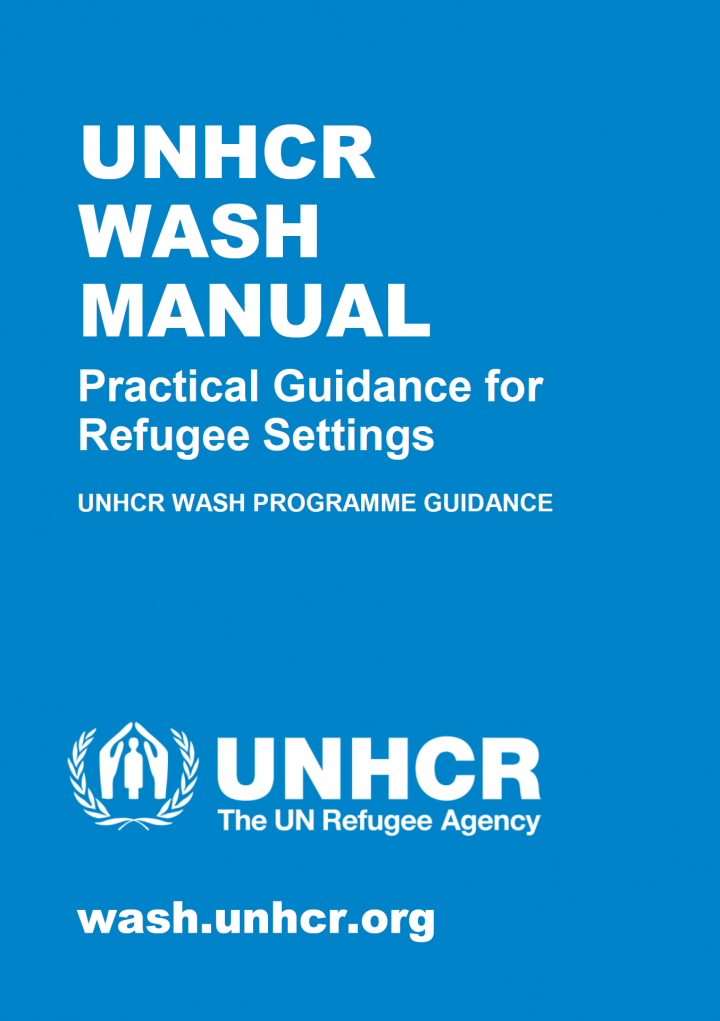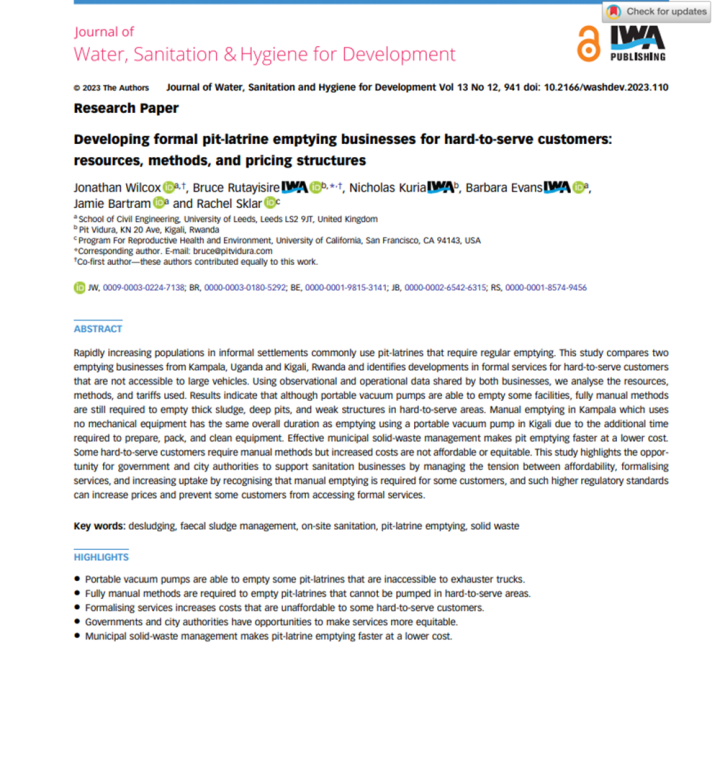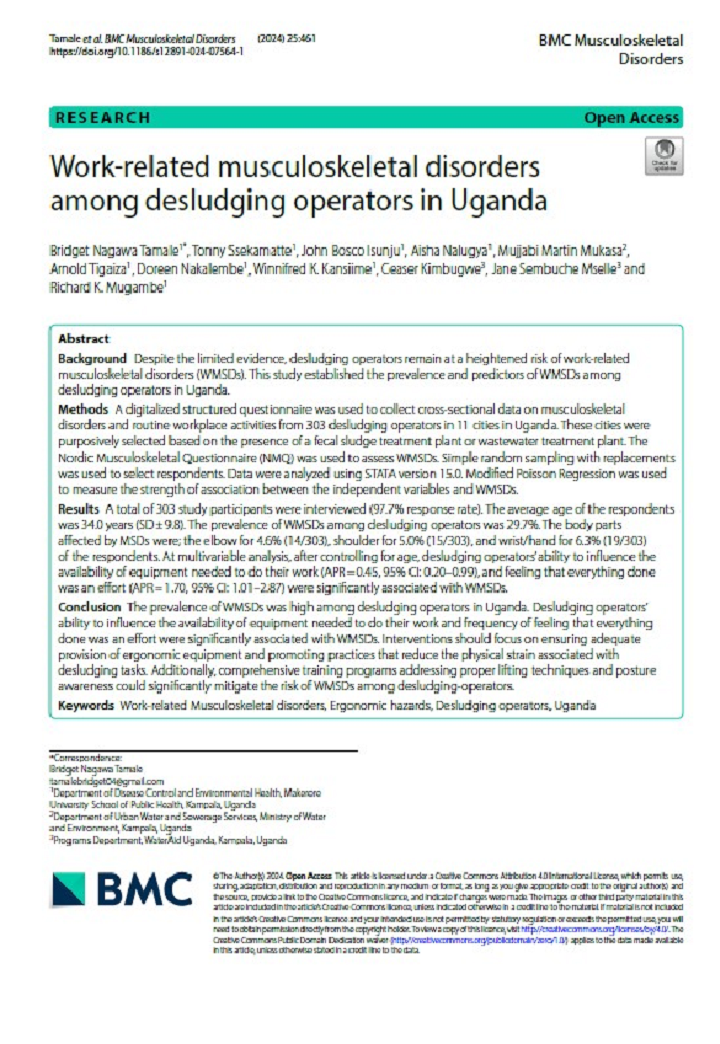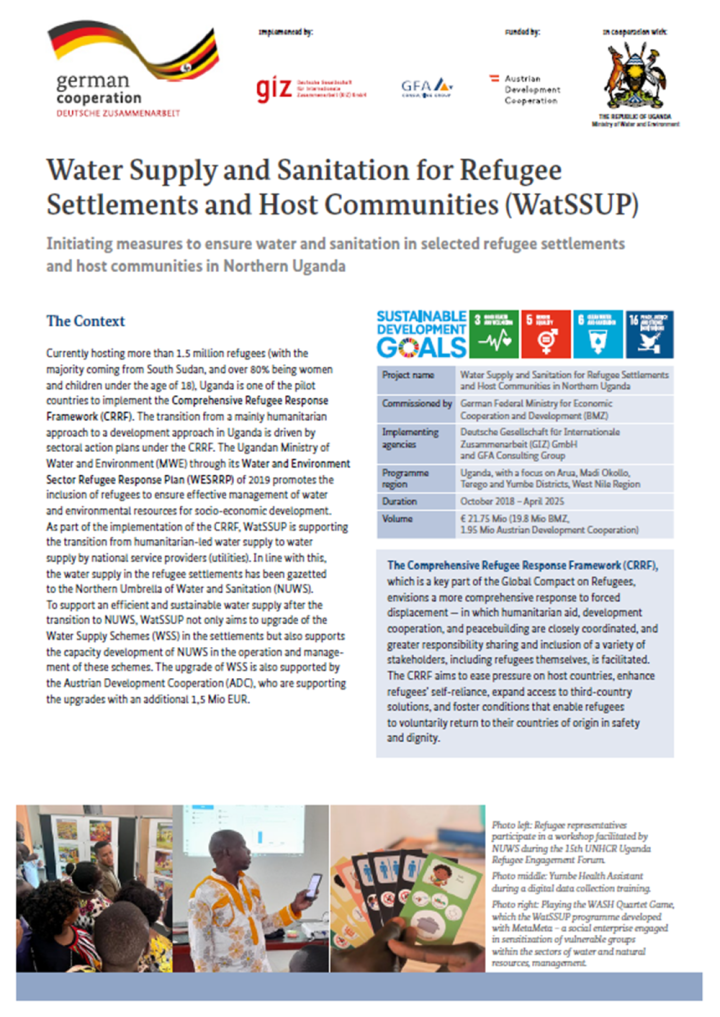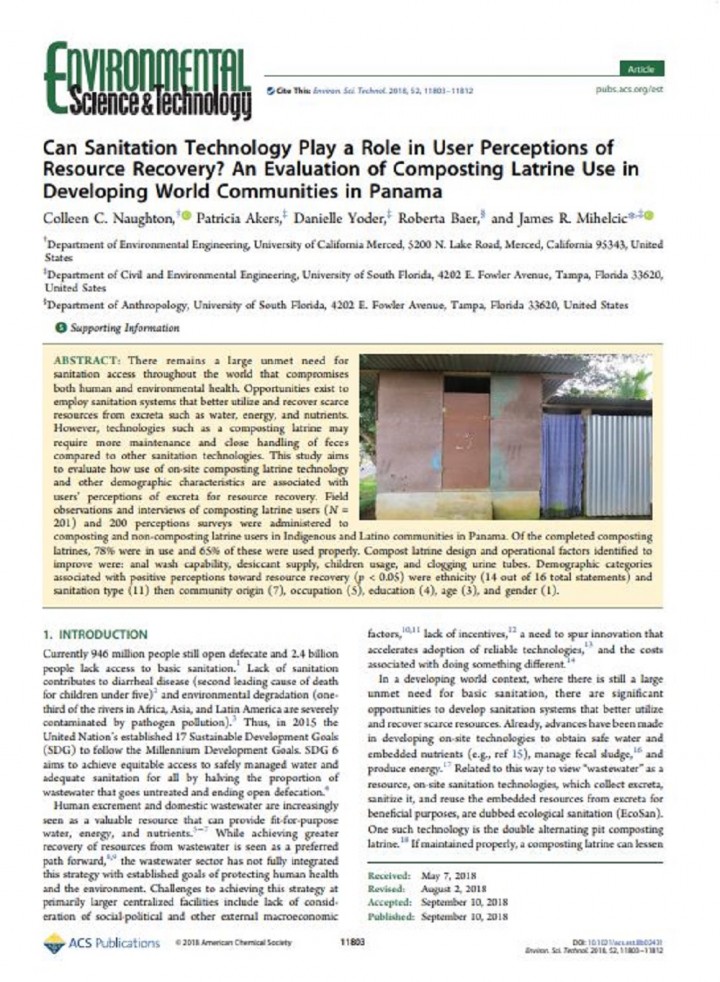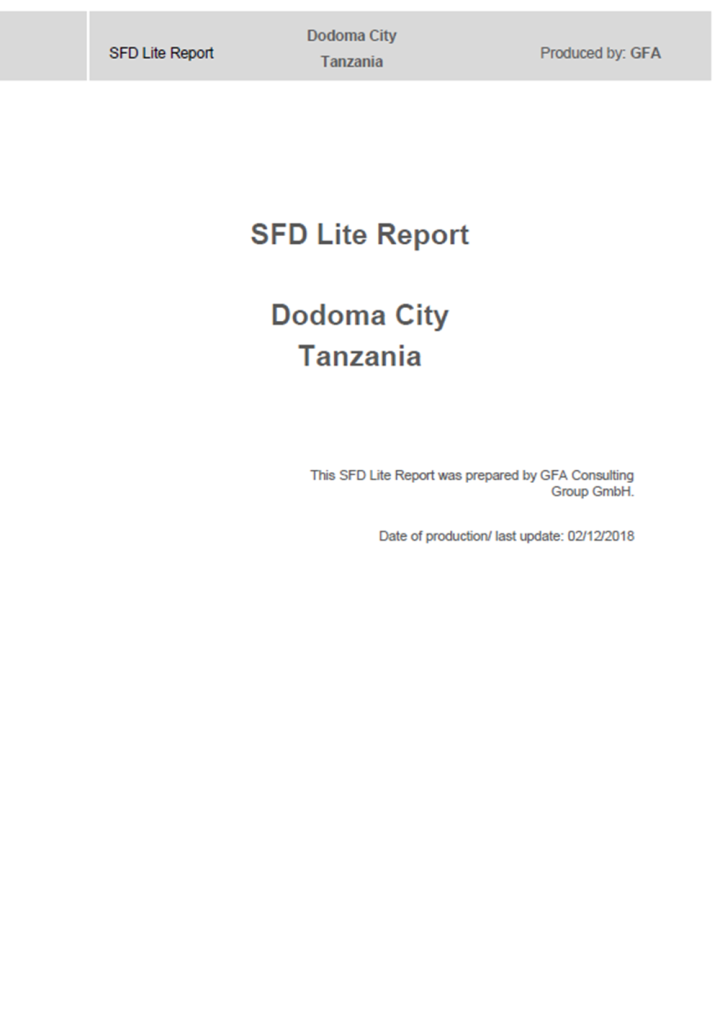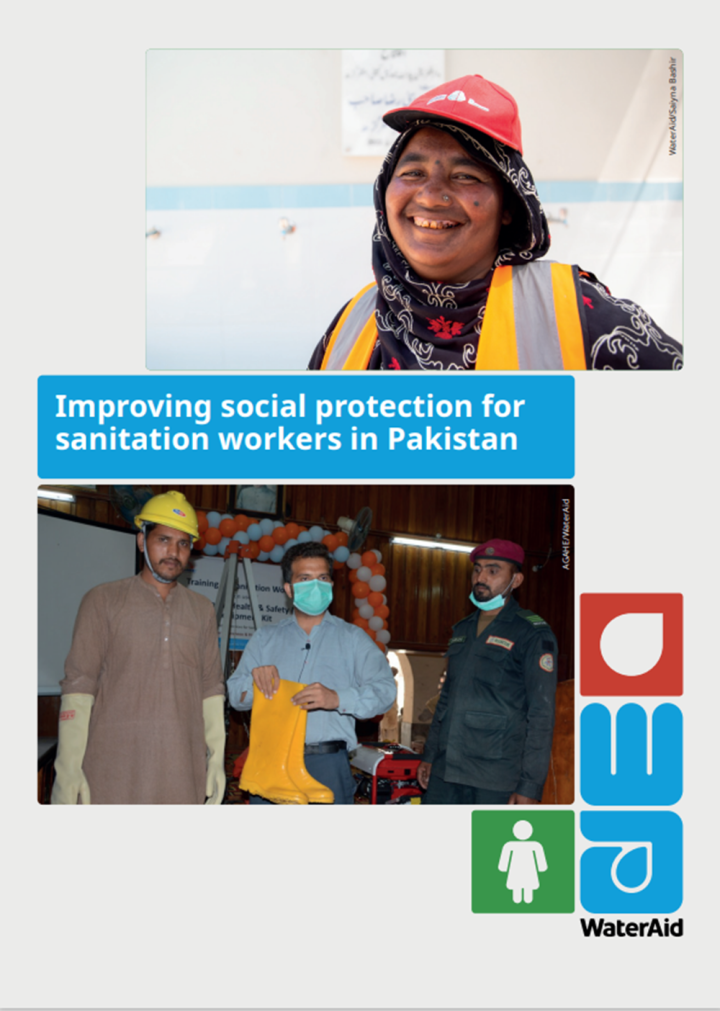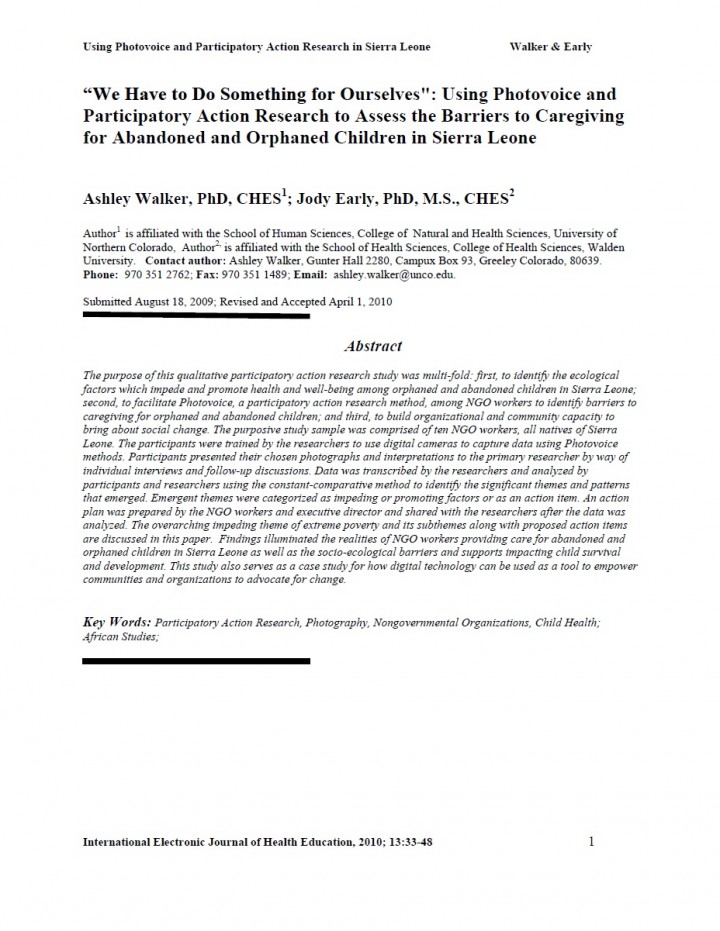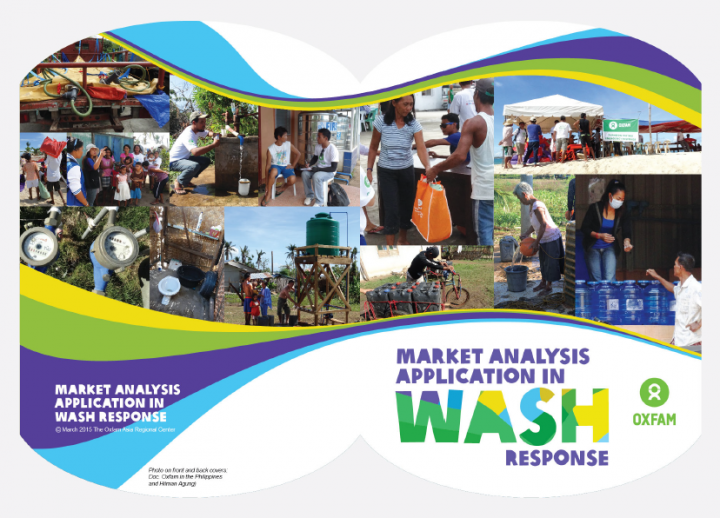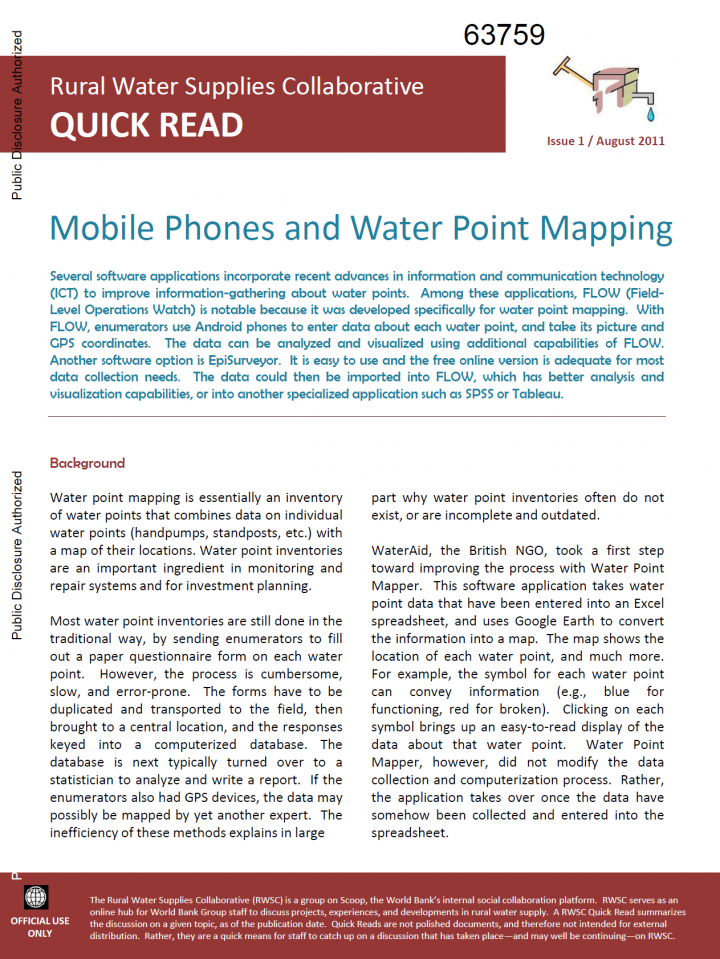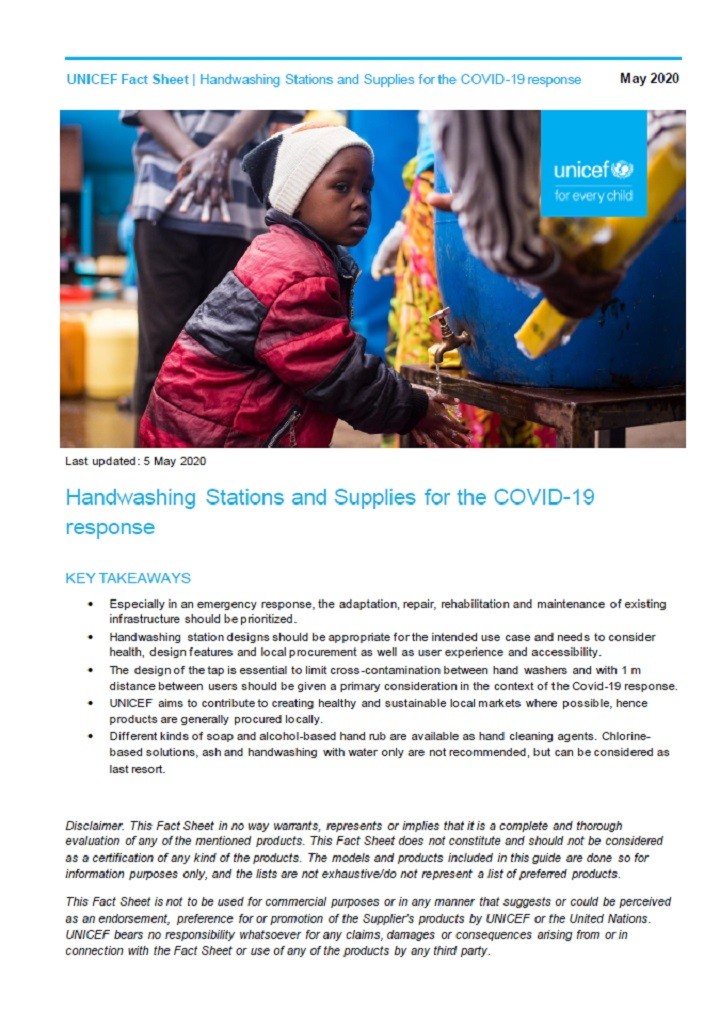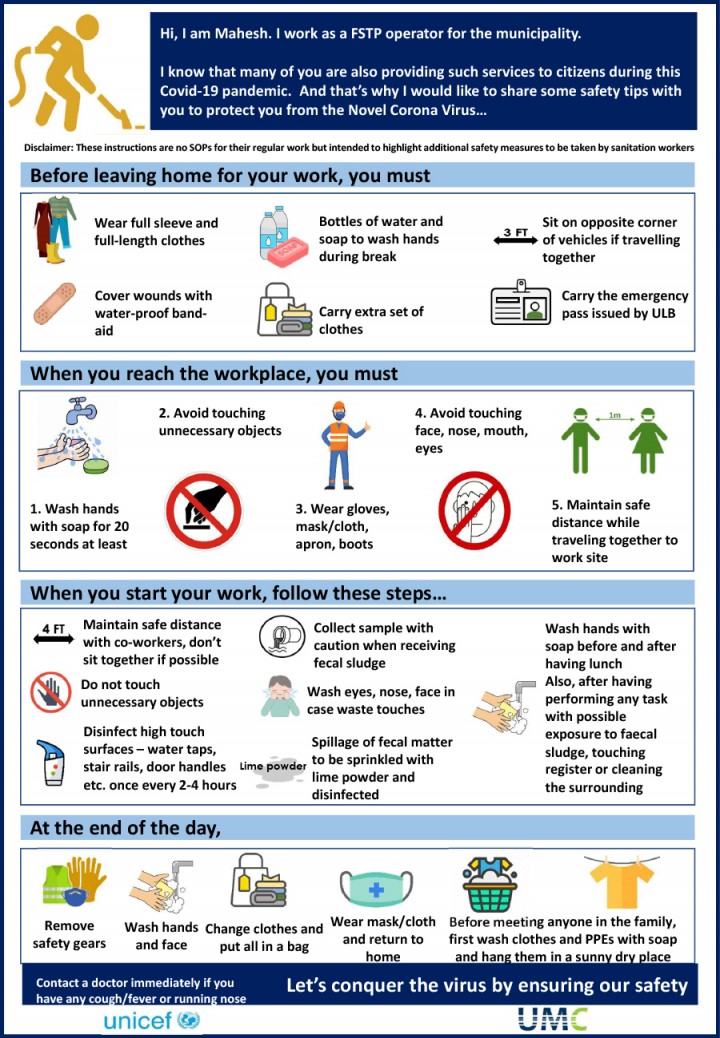Searching for information on Sanitation Workers?
The Sanitation Workers Knowledge + Learning Hub is the best source for all current news, trends, articles and updates on sanitation workers rights around the world.
Sanitation workers play a vital role in maintaining cleanliness and safety within the sanitation chain, a crucial aspect of achieving Sustainable Development Goal (SDG) 6. However, they often face poor working conditions, social and economic marginalization, and significant health risks, including the threat of infection and injury, sometimes leading to fatalities, compromising their dignity and …
Water vending is probably as old as human society and trade, but in recent centuries it has been overshadowed by the expansion of networked piped systems. Water vending is now often taken as a symptom of a failure in these piped systems, which still provide water to only a minority of urban dwellers in many parts of the world. When collecting international statistics on access to water, those who …
The proposed chapter addresses a comprehensive overview of the history and future outlook of ultrafiltration/microfiltration (UF/MF) membrane for desalination water pretreatment. Known theories on UF/MF membrane formation from phase inversion (Dr/wet) systems can be prolonged to define the consequences of high or low molecular weight additives. Also, direct material reengineering and surface …
It is important to insure that ‘sustainability’ is not confused or used interchangeable with ‘ODF+’. The tendency seen in the state is also to declare the community ODF and then quickly move on to a list of activities claimed to be part of ODF+. The acute need at this juncture is to stabilize and streamline the efforts made to declare the GP ODF. The focus is going to be to fill in the …
Kamalamai Municipality was declared as municipality in 1996. It is in Sindhuli District, Bagmati Province in the Central South Nepal. It is divided into 14 political wards.
The municipality has a total population of 71,016 with 34,416 males and 36,700 females (Census 2021, n.d.). Out of total wards, ward number 6 has the largest population (12,498) while ward number 3 has the least population …
The purpose of Including Children with Disabilities in Humanitarian Action is to strengthen the inclusion of children and women with disabilities, and their families, in emergency preparedness, response and early recovery, and recovery and reconstruction. This series of booklets provides insight into the situation of children with disabilities in humanitarian contexts, highlights the ways in …
Afghanistan is affected by manmade and natural disasters, which have caused a significant displacement of people. People often move from their place of origin to cities and are settled in areas where access to safe drinking water is limited. In 2020, only 47.5 per cent of the population had access to basic drinking water services and 38.1 per cent had basic hygiene services1. As a result, …
In December 2017, the European Union Catalytic Support to Peace Building (EU-CSPB) Programme supported the rollout of a peacebuilding plan led by the Government of Sri Lanka and other partners. This programme supported a managed aquifer recharge (MAR) strategy in Jaffna to encourage the resettlement of communities after years of internal conflict.
To pilot a MAR feasibility study in Jaffna, …
Masekelo ward and Ndala ward are the selected project areas in Shinyanga for the GIZ “Scaling up of access to water supply and sanitation services in under-privileged urban areas”. It is currently implementing a scaling up project to connect the wards for the first time to piped water from surface water source through the Shinyanga Urban Water Supply and Sanitation Authority (SHUWASA) water …
Bheriganga Municipality is in Surkhet District, Karnali Province of Nepal. It has a total of 13 wards and covers an area of 256.2 km2. It was established on 2 December 2014.
According to national population and housing census 2021, the municipality has a total population of 48,203 and 11,539 households. The total male and female populations are 22,538 and 25,665 respectively. The population …
The UNHCR WASH Manual (7th Edition, February 2020) is the result of an open and collaborative process with WASH actors who have active programmes supporting refugees. It has been written primarily for use by UNHCR staff, WASH actors, national governmental authorities, emergency response coordinating bodies, contingency planners, programme evaluators, and is a useful reference for any individuals …
This study compares pit-latrine emptying businesses in Kampala, Uganda, and Kigali, Rwanda, focusing on resources, methods, and tariffs. Empirical data from Forever Sanitation and Pit Vidura show challenges with portable vacuum pumps in hard-to-reach areas, highlighting the need for formal manual emptying for some customers where mechanical methods are not viable. Manual emptying has similar …
Work-related musculoskeletal disorders (WMSDs) are a significant occupational health concern, particularly among workers engaged in physically demanding and labor-intensive tasks. Desludging operators, who are responsible for the removal and management of fecal sludge, are particularly susceptible to these disorders due to the strenuous nature of their work. Despite the critical role they play in …
This page is a collection of the most important factsheets provided by the Water Supply and Sanitation for Refugee Settlements and Host Communities in Northern Uganda project (WatSSUP), implemented by GIZ, which is funded by the German Government through the Federal Ministry of Economic Cooperation and Development (BMZ).
There remains a large unmet need for sanitation access throughout the world that compromises both human and environmental health. Opportunities exist to employ sanitation systems that better utilize and recover scarce resources from excreta such as water, energy, and nutrients. However, technologies such as a composting latrine may require more maintenance and close handling of feces compared to …
Dodoma City Council is located at the south-eastern end of the Tanzania Central Plateau at an elevation of 1,200 metres above sea level with coordinates 6°10′23″S 35°44′31″E. The city council is divided into 41 wards and Mtaas (streets) and covers an area of about to 2,769 sq. km. The 41 wards are grouped into four divisions.
Currently, the population of Dodoma Municipal is …
Sanitation workers play a vital role in maintaining cleanliness and safety within the sanitation chain, a crucial aspect of achieving Sustainable Development Goal (SDG) 6. However, they often face poor working conditions, social and economic marginalization, and significant health risks, including the threat of infection and injury, sometimes leading to fatalities, compromising their dignity and …
The purpose of this qualitative participatory action research study was multi-fold: first, to identify the ecological
factors which impede and promote health and well-being among orphaned and abandoned children in Sierra Leone; second, to facilitate Photovoice, a participatory action research method, among NGO workers to identify barriers to caregiving for orphaned and abandoned children; and …
Several software applications incorporate recent advances in information and communication technology (ICT) to improve information gathering about water points. Among these applications, FLOW (Field Level Operations Watch) is not able because it was developed specifically for water point mapping. With FLOW, enumerators use android phones to enter data about each water point, and take its picture …
Handwashing with soap, when done correctly, is critical in the fight against COVID-19, but 3 billion people have no ready access to a place to wash their hands with soap at home. WHO released interim guidance on 1 April 2020, recommending to all Member States to make hand hygiene facilities in front of public and private commercial buildings as well as at all transport hubs obligatory. In …

